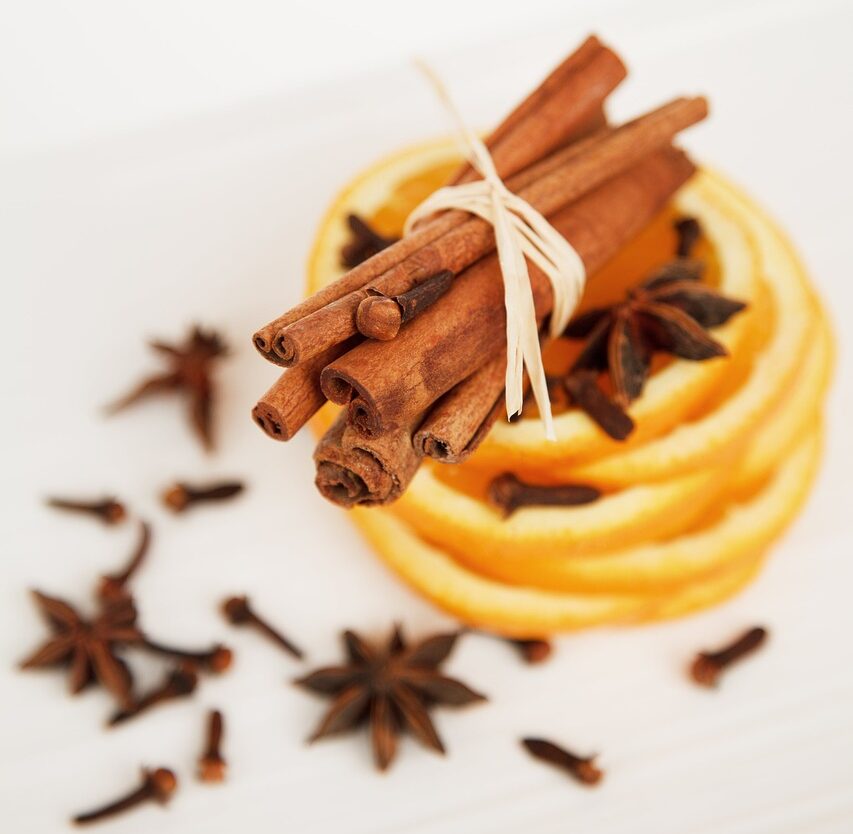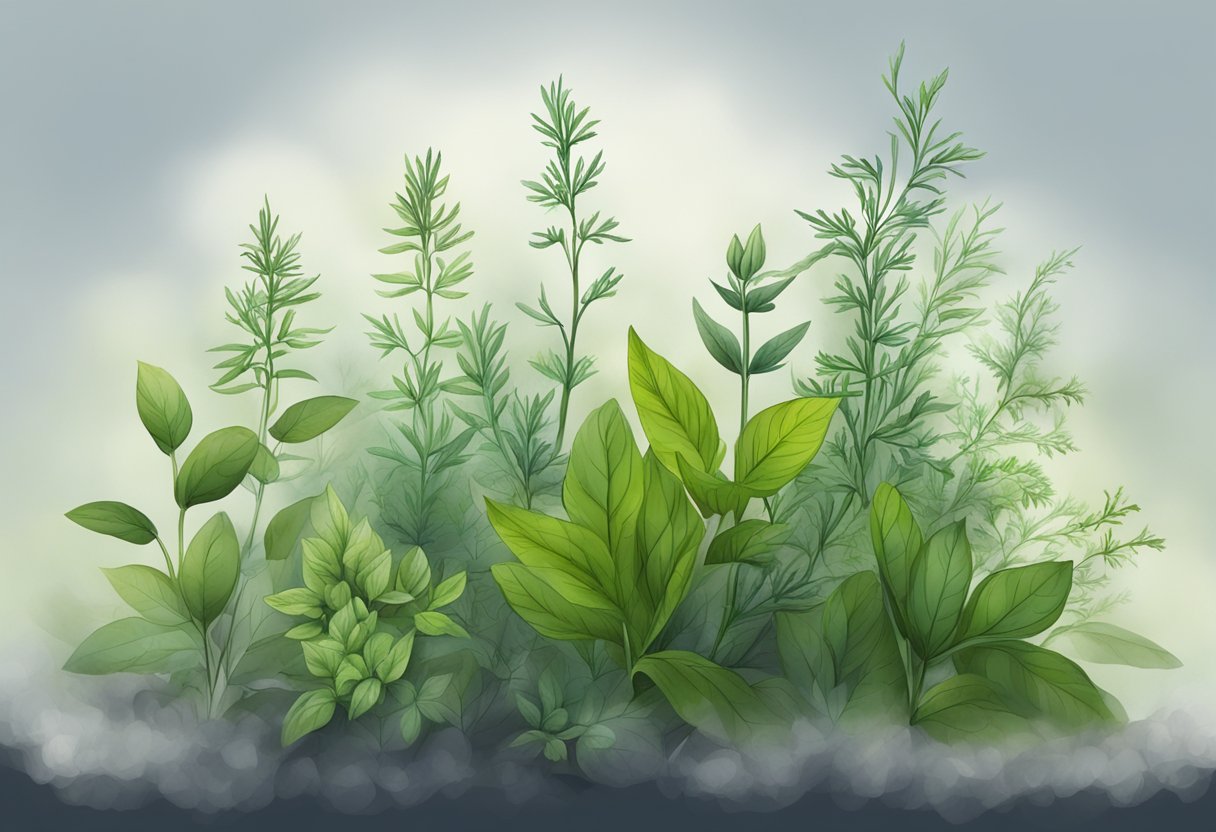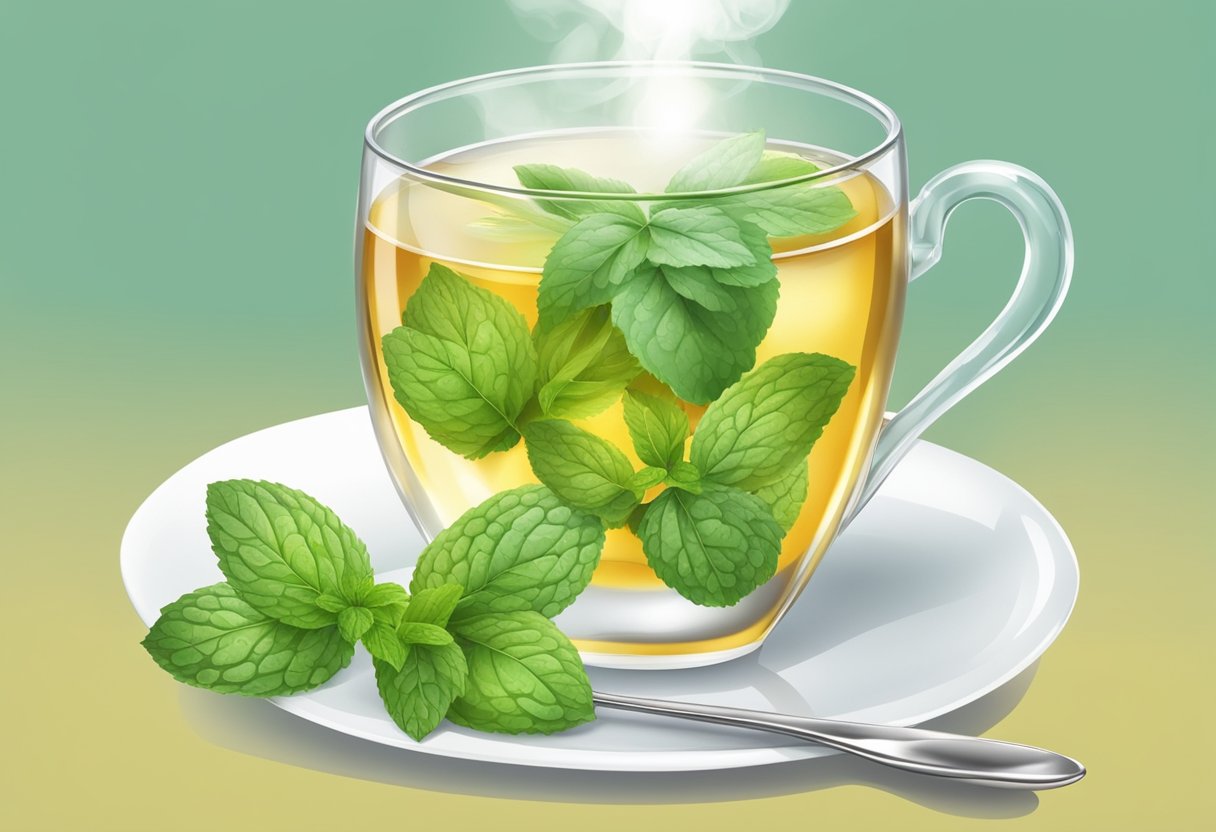Gallstones are a common health issue that affects millions of people worldwide. These small, hard deposits that form in the gallbladder can cause a range of symptoms, including abdominal pain, bloating, nausea, and vomiting. While medical treatments and procedures are available to manage gallstones, some people prefer to use natural therapies for gallstones to support their health.
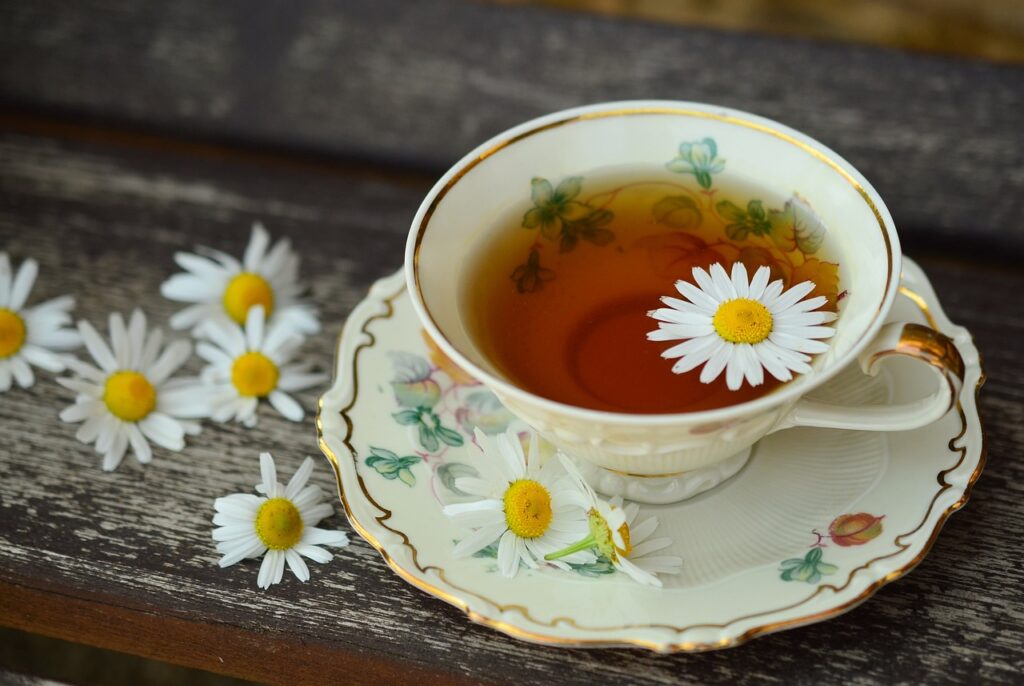
Disclaimer: This article is provided for informational purposes only and should not replace professional medical advice. Please consult with a qualified healthcare practitioner or herbalist before using any herbal remedies.
Natural therapies for gallstones have been used for centuries in traditional medicine systems around the world. These remedies are believed to help prevent gallstone formation, reduce symptoms, and support overall gallbladder health. Some of the most popular herbs used for gallstones include milk thistle, dandelion, turmeric, and artichoke. These herbs are available in various forms, including teas, tinctures, and dietary supplements.
Key Takeaways
- Herbal remedies have been used for centuries to support gallbladder health and manage gallstones.
- Popular herbs used for gallstones include milk thistle, dandelion, turmeric, and artichoke.
- These herbs are available in various forms, including teas, tinctures, and dietary supplements.
The Function and Importance of the Gallbladder
The gallbladder is a small, pear-shaped organ located under the liver. Its main function is to store and concentrate bile, a digestive fluid produced by the liver that helps break down fats in the small intestine. Bile is released from the gallbladder into the small intestine through a duct called the common bile duct.
Although the gallbladder is not essential for survival, it plays an important role in the digestive process. Without the gallbladder, bile would constantly drip into the small intestine, which can lead to diarrhea and other digestive problems.
Gallstones are a common problem that can affect the gallbladder. They are small, hard deposits that form inside the gallbladder and can cause pain, nausea, and other symptoms. Gallstones can be made up of cholesterol, bile pigments, and calcium salts.

In some cases, gallstones can be treated with medications or surgery. However, there are also natural remedies that can help support the health of the gallbladder and prevent the formation of gallstones. These remedies include dietary changes, herbal supplements, and lifestyle modifications.
Understanding Gallstones
Gallstones are solid particles that form in the gallbladder or bile ducts. They are made up of various substances, including cholesterol, bilirubin, and calcium salts. Gallstones can range in size from a grain of sand to a golf ball.
The liver produces bile, a fluid that helps digest fats. Bile is stored in the gallbladder and released into the small intestine when needed. If the bile contains too much cholesterol, bilirubin, or calcium salts, it can form solid particles, which can then clump together to form gallstones.
There are two main types of gallstones: cholesterol gallstones and pigment gallstones. Cholesterol gallstones are the most common type and are made up of cholesterol. Pigment gallstones are less common and are made up of bilirubin.
Cholesterol gallstones are formed when there is an imbalance between the cholesterol and bile acids in the bile. This can happen when the liver produces too much cholesterol or when the gallbladder does not empty properly. Pigment gallstones are formed when there is too much bilirubin in the bile, which can happen when the liver produces too much bilirubin or when the bile ducts are blocked.
Gallstones can cause a range of symptoms, including pain in the upper right abdomen, nausea, vomiting, and fever. Treatment for gallstones depends on the size and location of the stones, as well as the severity of the symptoms. In some cases, surgery may be necessary to remove the gallbladder or the stones themselves. However, there are also herbal remedies that can help support the body’s natural processes for managing gallstones.
Symptoms of Gallstones
Gallstones are small, hard deposits that form in the gallbladder, a small organ located beneath the liver. They can cause a range of symptoms, which can vary in severity and duration. Some common symptoms of gallstones include:
- Abdominal pain: This is the most common symptom of gallstones. It usually occurs in the upper right part of the abdomen and can be severe. The pain may come and go and can last for a few minutes or several hours.
- Nausea and vomiting: These symptoms can occur with or without abdominal pain. They are often worse after eating fatty or greasy foods.
- Diarrhea: This can occur when the gallbladder is not functioning properly due to gallstones. The diarrhea may be watery or contain mucus.
- Gallbladder pain: This is a specific type of pain that occurs in the upper right part of the abdomen and may radiate to the back or shoulder. It can be severe and may last for several hours.
- Gray stool: This can occur when the flow of bile from the liver to the small intestine is blocked by gallstones. The stool may also be greasy or float in the toilet.
It is important to note that some people with gallstones may not experience any symptoms at all. However, if symptoms do occur, they can be quite uncomfortable and may require medical attention. If you experience any of these symptoms, it is important to see a doctor right away to determine the cause and appropriate treatment.
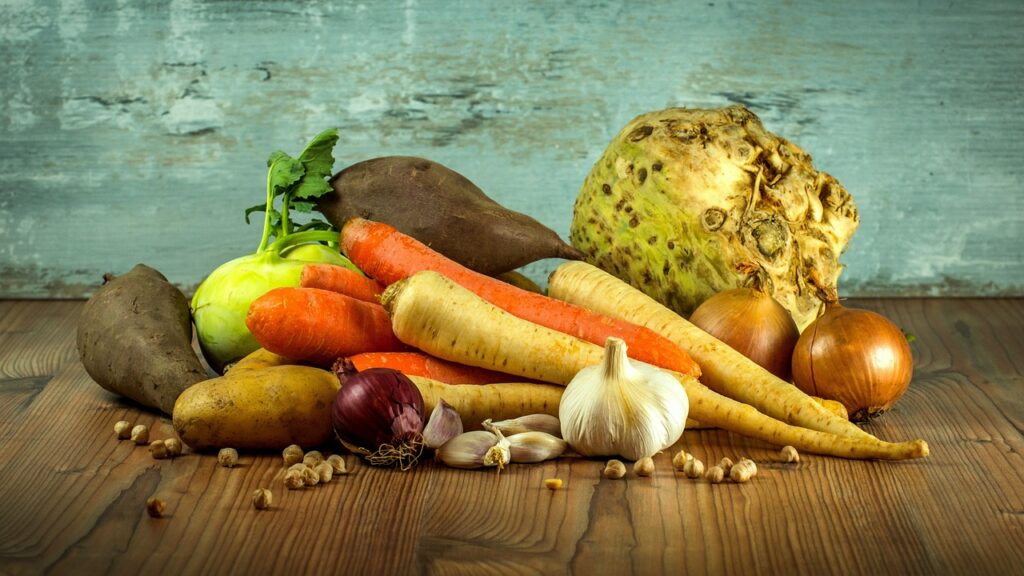
Role of Diet in Gallstone Formation
Gallstones are solid deposits that form in the gallbladder, which is a small organ located beneath the liver. Diet plays a significant role in the formation of gallstones. The following factors are known to contribute to the development of gallstones:
- High levels of cholesterol in the bile
- High levels of sugar in the blood
- High intake of saturated fat
- Obesity
- Impaired fat digestion
- Low intake of high-fiber foods
- High intake of eggs
- Consumption of steamed or fried foods
- Low intake of whole grains and nuts
- Dehydration
A diet that is high in cholesterol and saturated fat can increase the amount of cholesterol in the bile, leading to the formation of cholesterol gallstones. On the other hand, a diet that is high in fiber can help prevent the formation of gallstones by binding to bile acids and reducing their levels in the body.
The Role of Sugar
Consuming high amounts of sugar can also contribute to the formation of gallstones. This is because high levels of sugar in the blood can lead to an increase in insulin production, which can cause the liver to produce more cholesterol. Additionally, obesity is a significant risk factor for the development of gallstones, as it can lead to an increase in cholesterol levels in the bile.
Fat digestion is impaired in individuals with gallstones, which can lead to the formation of stones. Consuming a diet that is low in high-fiber foods can exacerbate this problem, as fiber helps to regulate digestion.
Eating a diet that is high in eggs can also increase the risk of developing gallstones. This is because eggs are high in cholesterol, which can contribute to the formation of cholesterol gallstones.
Finally, dehydration can lead to the formation of gallstones, as it can cause the bile to become more concentrated. Drinking plenty of water is essential for preventing the formation of gallstones.
In conclusion, diet plays a significant role in the formation of gallstones. Consuming a diet that is low in cholesterol, high in fiber, and rich in fruits and vegetables can help prevent the formation of gallstones.
Herbal Remedies for Gallstones
Many people turn to herbal remedies for gallstones as a natural alternative to traditional medical treatments. While there is limited scientific evidence to support the use of herbs for gallstones, some herbs have been traditionally used for their potential benefits in treating this condition.
One herb commonly used for gallstones is dandelion. Dandelion is believed to stimulate bile production, which may help to break down and prevent the formation of gallstones. Milk thistle and artichoke are two other herbs that are often used to support liver function and promote the production of bile.
Lysimachiae herba, also known as Jin Qian Cao, is a Chinese herb that has been traditionally used to dissolve gallstones. Silybum marianum, commonly known as milk thistle, is another herb that may help to reduce inflammation and promote liver function, which may in turn help to prevent the formation of gallstones.
Turmeric is a spice that has been traditionally used in Ayurvedic medicine for its anti-inflammatory properties. Some research suggests that turmeric may also help to prevent the formation of gallstones. Rosemary is another herb that has been traditionally used for its anti-inflammatory properties and may help to support liver function.
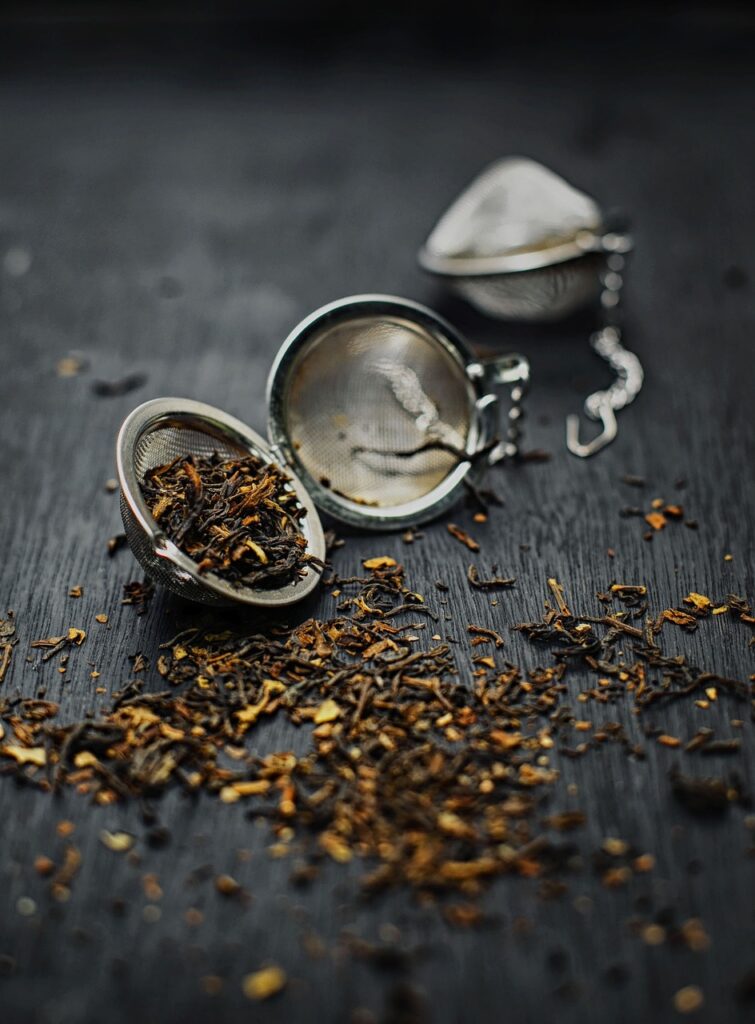
Gold coin grass is a Chinese herb that has been traditionally used to dissolve gallstones. It is believed to work by softening and breaking down gallstones, making them easier to pass.
While herbal remedies may offer some potential benefits for gallstones, it is important to note that they should not be used as a substitute for medical treatment. Anyone experiencing symptoms of gallstones should seek medical attention to determine the best course of treatment for their individual needs.
Preparation and Consumption of Herbal Remedies~ Natural Therapies for Gallstones
Herbal remedies have been used for centuries to support gallbladder health. The preparation and consumption of these remedies can vary depending on the herb and the desired effect. Here are some common methods:
- Tea: Many herbs can be made into a tea by steeping them in hot water. Some herbs that may be beneficial for gallstones include dandelion root, milk thistle, and turmeric. To make a tea, steep 1-2 teaspoons of dried herb in 8 ounces of hot water for 5-10 minutes. Drink the tea 2-3 times per day.
- Olive oil: Olive oil is often used in liver and gallbladder flushes to help dissolve gallstones. To prepare a flush, mix 1/2 cup of olive oil with 1/2 cup of fresh lemon juice. Drink the mixture before bed and lie on your right side for 30 minutes to allow the oil to flow into the gallbladder.
- Fruit juice: Some fruits, such as apples and pears, contain pectin which may help to soften and dissolve gallstones. Drinking 2-3 glasses of apple or pear juice per day may be beneficial.
- Vegetable juice: Juicing vegetables such as beets, carrots, and celery can help to support liver and gallbladder health. These vegetables contain compounds that may help to reduce inflammation and support the production of bile.
- Lemon juice: Lemon juice is often used in liver and gallbladder flushes to help stimulate bile production and dissolve gallstones. To prepare a flush, mix 1/4 cup of fresh lemon juice with 1/4 cup of olive oil and drink before bed.
- Water: Drinking plenty of water is essential for overall health and may also help to prevent the formation of gallstones. Aim for at least 8 glasses of water per day.
Cautions
It is important to note that herbal remedies should not be used as a substitute for medical treatment. If you suspect you have gallstones, it is important to consult with a healthcare professional to determine the best course of treatment.
Medical Treatments and Procedures for Gallstones~ Natural Therapies for Gallstones
For patients with symptomatic gallstones, medical treatment options may include medications to dissolve the stones or surgery to remove the gallbladder. A doctor may recommend medication to dissolve gallstones if the patient is not a candidate for surgery or prefers not to have surgery. Medications used for this purpose include ursodiol and chenodiol. However, these medications may take several months to dissolve the stones and may not be effective for larger stones.
Surgical removal of the gallbladder, known as cholecystectomy, is the most common treatment for symptomatic gallstones. This procedure can be performed laparoscopically or through open surgery. Laparoscopic cholecystectomy is less invasive and has a shorter recovery time than open surgery.
In some cases, a doctor may recommend endoscopic retrograde cholangiopancreatography (ERCP) to remove gallstones from the bile ducts. This procedure involves inserting a flexible tube with a camera and tools through the mouth and into the small intestine to remove the stones. ERCP is typically performed in conjunction with cholecystectomy or after the removal of the gallbladder.
It is important for patients to seek medical advice from a healthcare professional if they suspect they have gallstones. A doctor can provide a proper diagnosis and recommend appropriate treatment options based on the patient’s individual needs and medical history.
Side Effects of Gallbladder Removal~ Natural Therapies for Gallstones
Gallbladder removal, also known as cholecystectomy, is a common procedure used to treat symptomatic gallstones. While it is generally considered safe, it can have some side effects.
Short-Term Side Effects
Short-term side effects of gallbladder removal can include:
- Pain and discomfort: Patients may experience pain and discomfort in the abdomen, shoulder, or back for a few days after surgery. Pain medication can be prescribed to help manage these symptoms.
- Nausea and vomiting: Some patients may experience nausea and vomiting after surgery. This is usually temporary and can be managed with medication.
- Diarrhea: Some patients may experience diarrhea after surgery. This is usually temporary and can be managed with medication.
- Infection: There is a small risk of infection after surgery. Patients may be prescribed antibiotics to help prevent infection.
Long-Term Side Effects
Long-term side effects of gallbladder removal can include:
- Digestive problems: Patients may experience digestive problems after surgery, such as bloating, gas, and indigestion. Without the gallbladder, bile can constantly drip into the small intestine, which can lead to diarrhea, IBS, and other digestive problems. The National Institute of Health refers here to Postcholecystectomy Syndrome, the symptoms of which include fatty food intolerance, nausea, vomiting, heartburn, flatulence, indigestion, diarrhea, jaundice, and intermittent episodes of abdominal pain.
- Increased risk of other diseases: Gallbladder removal has been associated with an increased risk of other diseases, such as non-alcoholic fatty liver disease.
- Increased risk of recurrent gallstones: Some patients may develop recurrent gallstones after surgery. This is more likely to occur in patients who have a history of multiple gallstones or who have a family history of gallstones.

Potential Side Effects and Risks
Whie gallbladder removal is generally considered safe and effective for treating symptomatic gallstones, it is far better to address the underlying issues related to your gallbladder dysfunction and support your body in healing itself. Surgery is no guarantee of symptom relief.
While herbal remedies can be effective in treating gallstones, there are potential side effects and risks associated with their use. It is important to be aware of these risks before incorporating herbal support into your treatment plan.
One potential side effect of using herbs to treat gallstones is inflammation. Some herbs, such as turmeric and ginger, have anti-inflammatory properties that can help reduce inflammation in the gallbladder and improve bile flow. However, excessive use of these herbs can lead to increased inflammation and irritation in the digestive tract.
There are also potential health hazards associated with certain herbs used for gallstone treatment. For example, some herbs, such as comfrey and pennyroyal, can be toxic in high doses and can cause liver damage or other serious health problems. It is important to research any herbs you plan to use for gallstone treatment and to consult with a herbalist or naturopathic professional before starting any herbal regimen. Please do not underestimate the power of herbs, more is not better or necessarily safe. Always follow dosing instructions.
Alternative Therapies for Gallstone Management~ Natural Therapies for Gallstones
In addition to conventional treatments, there are several alternative therapies that may be used to manage gallstones. These therapies are often used in conjunction with conventional treatments or as a standalone treatment option.
One alternative therapy that has gained popularity in recent years is the gallbladder cleanse or flush. This involves consuming a mixture of olive oil, lemon juice, and herbs to stimulate the liver and gallbladder to release bile and flush out gallstones.
Another alternative therapy is the use of castor oil packs. Castor oil is applied to a cloth and placed on the skin over the gallbladder area. The heat from the pack is believed to stimulate the liver and gallbladder to release bile and aid in the removal of gallstones.
Acupuncture and yoga are also alternative therapies that may be used to manage gallstones. Acupuncture involves the insertion of thin needles into specific points on the body to stimulate the flow of energy and promote healing. Yoga involves a series of postures and breathing exercises that can help reduce stress and improve overall health.

The Role of Herbs~ Natural Therapies for Gallstones
Certain herbs, such as silymarin, have been shown to have a positive effect on liver function and may help prevent the formation of gallstones. Additionally, herbs with a laxative effect, such as cascara sagrada and rhubarb, can help promote regular bowel movements and prevent constipation, which is a risk factor for gallstones.
For those experiencing symptoms of cholecystitis, herbs such as peppermint and chamomile may help alleviate spasms in the gallbladder and promote digestion.
Sound wave therapy, also known as lithotripsy, can also be a useful non-invasive treatment option for those with gallstones.
Finally, there are several homeopathic remedies that may be used to manage gallstones, such as nux vomica and chelidonium.
Overall, while alternative therapies may provide some benefit for those with gallstones, it is important to discuss these options with a healthcare provider before use.
Scientific Evidence Supporting Natural Therapies for Gallstones
There is limited scientific evidence supporting the use of herbal remedies for gallstones. However, some practitioners suggest that certain herbs may help prevent or treat gallstones.
According to the Mayo Clinic, some herbs have anti-inflammatory or antispasmodic properties that could help alleviate symptoms of gallstones. These herbs include:
- Milk thistle
- Dandelion
- Artichoke
- Turmeric
Milk thistle is a plant that has been used for centuries to treat liver and gallbladder problems. Some studies suggest that milk thistle may help reduce inflammation and protect the liver from damage. Dandelion and artichoke are also believed to have liver-protective properties.
Turmeric is a spice commonly used in Indian cuisine that has anti-inflammatory properties. Some studies suggest that turmeric may help reduce inflammation in the gallbladder and prevent the formation of gallstones.
While there is limited scientific evidence supporting the use of these herbs for gallstones, they are generally considered safe when taken in recommended doses. However, it is important to talk to a healthcare provider before taking any herbal supplements, especially if you are taking other medications or have a medical condition.
Preventing Gallstones~ Natural Therapies for Gallstones
While there is no guaranteed way to prevent gallstones, certain lifestyle changes can help reduce the risk of developing them. A balanced diet rich in fiber and low in unhealthy fats can help maintain healthy bile flow and prevent the formation of gallstones. Consuming anti-inflammatory and antioxidant-rich foods like dandelion greens, turmeric, and berries may also be beneficial.
Bile acids play a critical role in the formation of gallstones. Bile salt tablets, which contain bile acids, may be used to help dissolve gallstones and prevent their formation. However, it is important to consult with a healthcare professional before taking any supplements.
Consuming enzymes, such as those found in papaya and pineapple, may also aid in digestion and bile flow. Additionally, incorporating seeds like flaxseed and chia seeds, as well as psyllium, into the diet can help promote healthy bowel movements and prevent the buildup of cholesterol in the gallbladder.
Overall, maintaining a healthy lifestyle through diet and exercise is key in preventing gallstones. It is important to consult with a healthcare professional before making any significant changes to your diet or taking any supplements.
Conclusion~ Natural Therapies for Gallstones
In conclusion, herbal support can be a helpful addition to traditional treatment for gallstones.

It is important to note that while herbal support can be beneficial, it should not be used as a substitute for medical treatment. Individuals should always consult with their healthcare provider before starting any new herbal remedies or supplements, especially if they are currently taking medications or have underlying health conditions.
Overall, incorporating certain herbs into a well-rounded treatment plan can be a safe and effective way to support digestive health and prevent the formation of gallstones.



